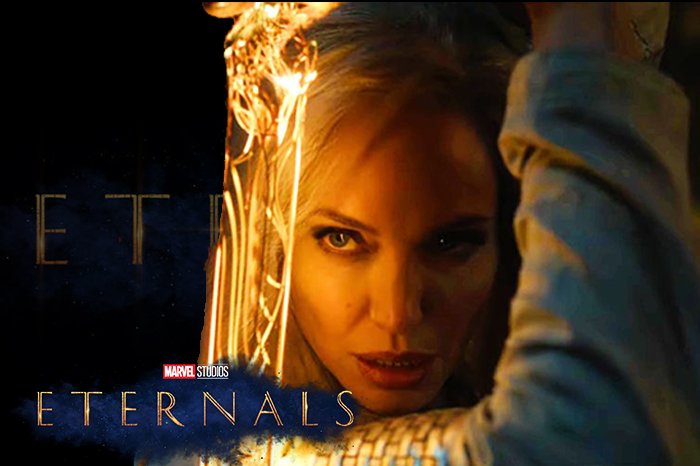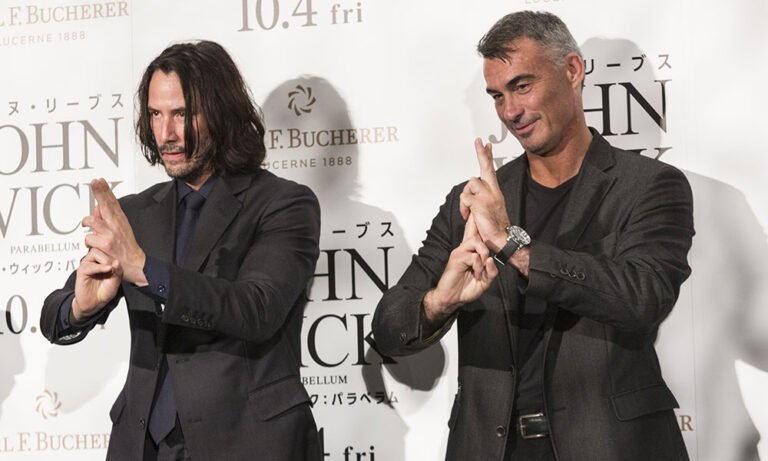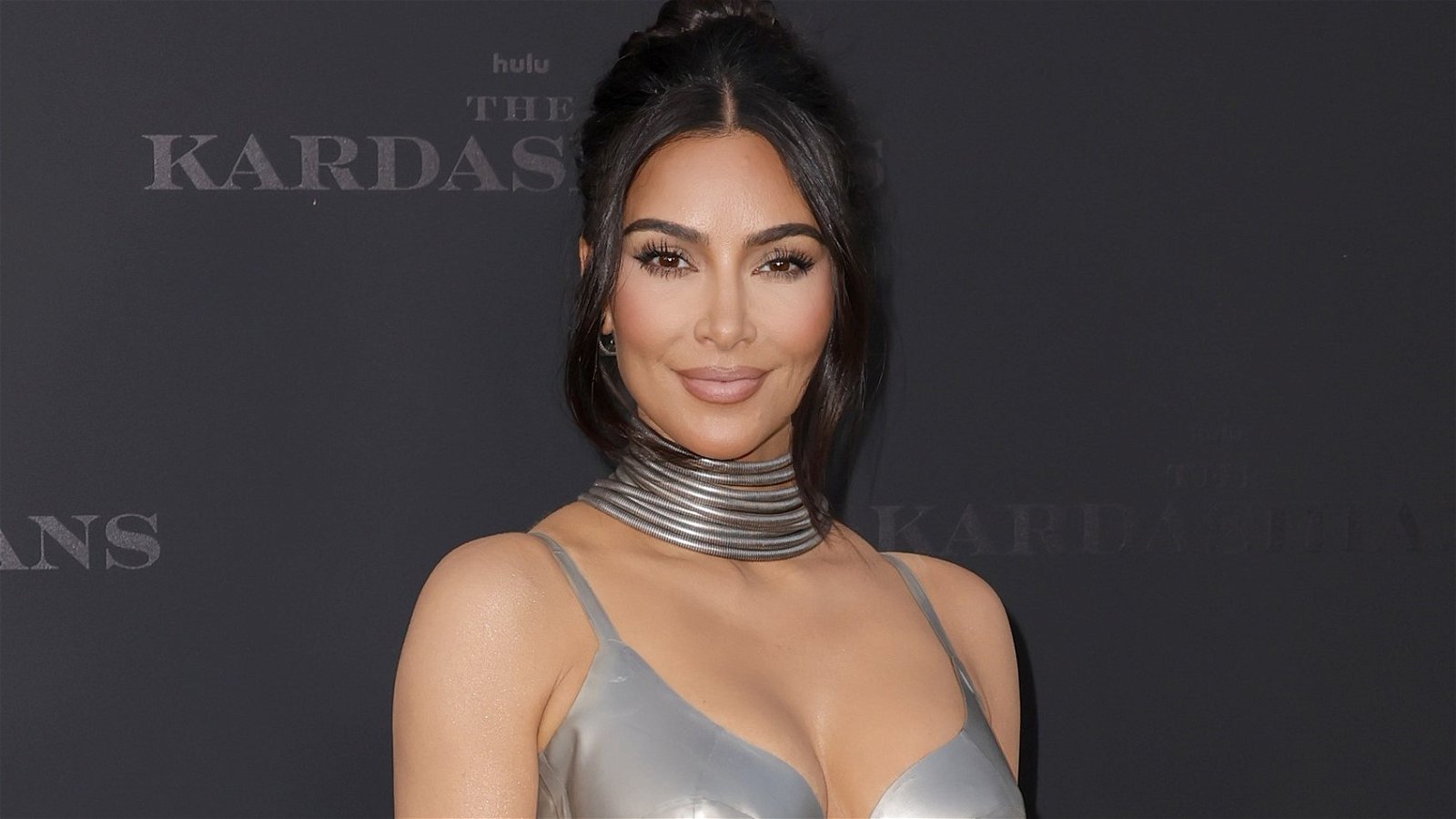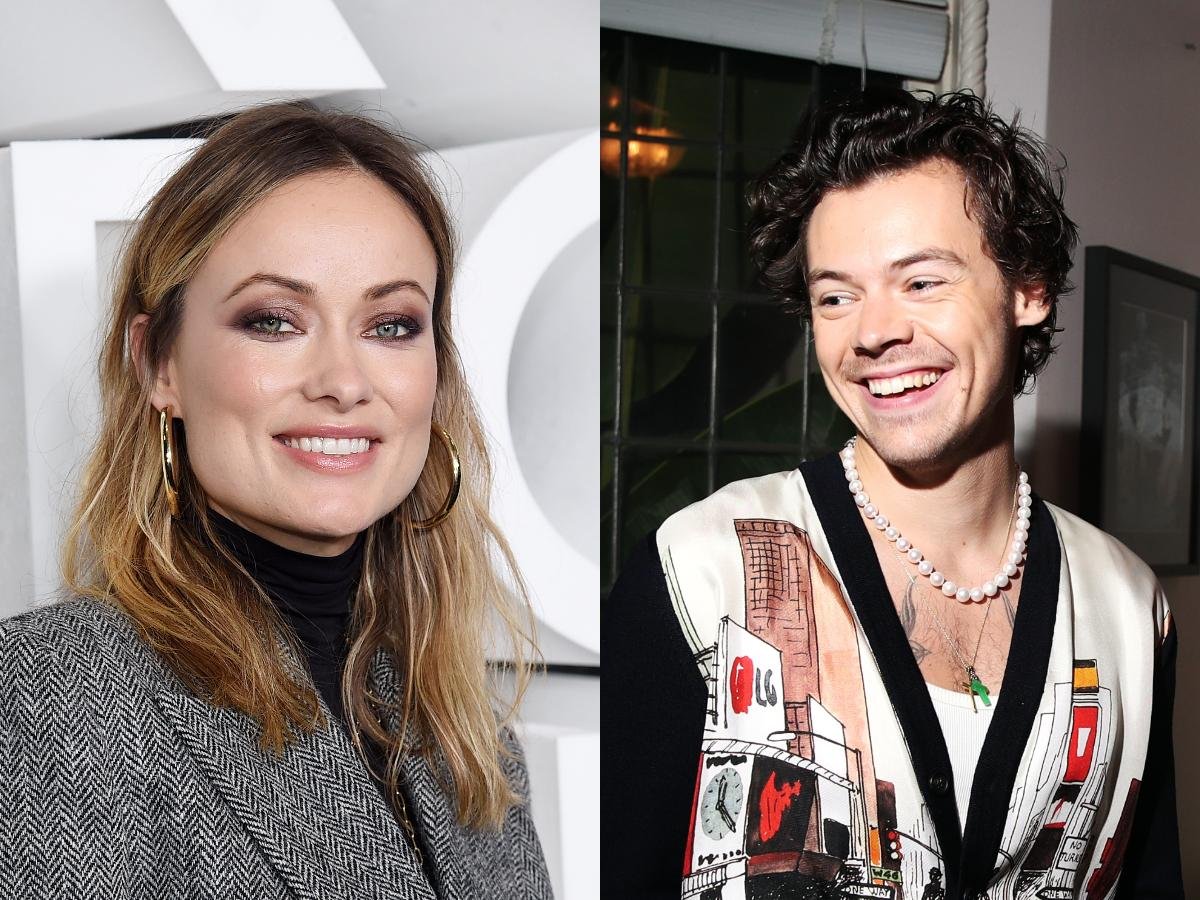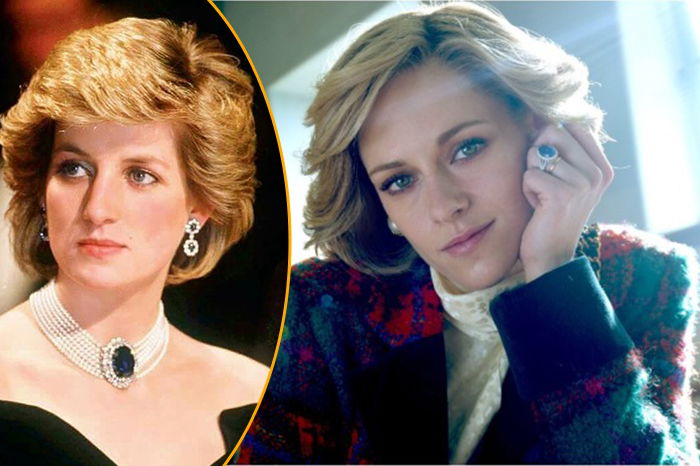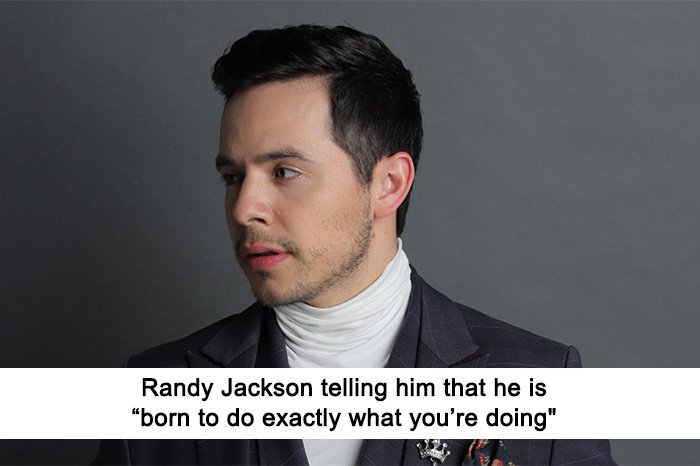 Image Source: Lily Low - Medium
Image Source: Lily Low - Medium
Reaching instantaneous stardom when young is a terrible combination. Not only does it take the young star's privacy away from them but also forces them to grow up too fast without first letting them figure out who they want to be as they grow old.
David Archuleta, the second-place finalist as of February 28, 2008, the 7th season of American Idol, rose to immense popularity on the show, especially with his one, fetching performance of John Lennon's "Imagine." His performance was followed by a massive round of applause with the judges, Randy Jackson telling him that he is “born to do exactly what you’re doing" and Paula Abdul adding that he is “destined for superstardom.” “Right now, you’re the one to beat,” added Simon Cowell.
Of course, David's father, Jeff, was one of the happiest people on that show that day, but sadly, David himself was not. He recalled thinking: “I don’t want to be here anymore.” David could not comprehend the screaming attention of overzealous female fans. He was stunned when tens of millions went on to vote for him and secured a position for him in the finals of the show. Despite being a surreal experience, David could only think how unreal it was.
Not to mention the fact that so many older men had already started hounding David to come out of the closet, while David himself didn't even know what that meant for him. To make matters worse, his dad would tell him about all of the online gossips that were focused on his sexuality. Being compared to his fellow competitors each second overwhelmed him, and he simply wanted to be with his family back in Utah. Recalling the disorienting experience, David said, “I felt so disconnected from everything.”
The propelling into the spontaneous limelight makes so little sense even now when the star has already lived that reality for 13 years. He shared, “Like, 13 years later, I’m piecing together what actually was going on. But it’s still a process because I still don’t understand why people were so into it.” As a young star, he wanted to guard himself against the whole unknown of unexpected popularity and admitted, “I think I was just in protection mode the whole time. If anything, I was putting a wall between me and everyone else.”
So many young stars terribly break down when they have to put up with so much unsolicited attention around them. With flashlights always clicking, unwanted intrusion of media and fans is a major factor in driving so many child stars over the edge.
Tia Mowry, a celebrated star from a young age who went on to star on Sister, Sister shared her experience with early fandom saying, "You're a child who is working. You have a job. That job is a hard job. Everybody thinks being a child star is glamorous. But when you're on a show, you are often carrying a whole show, and you know that. You have to pull it off. You have to know your lines. People are making money off you."
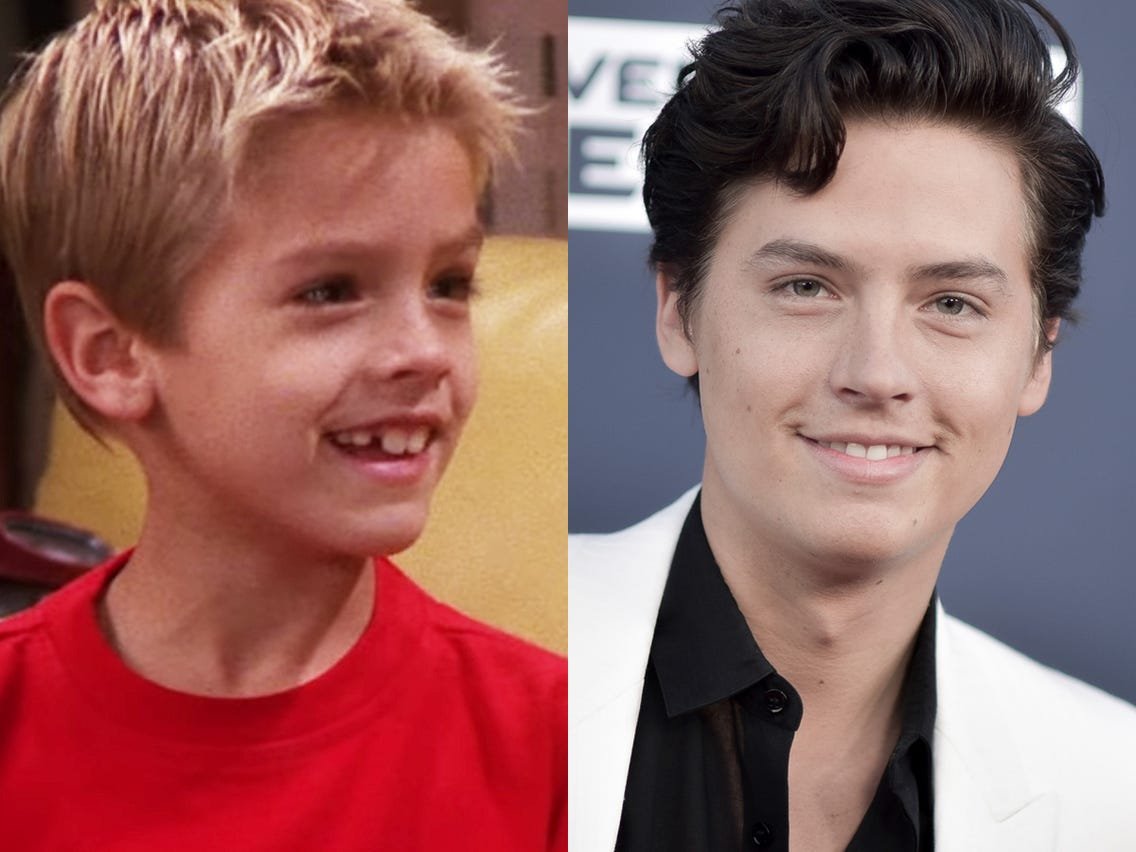 Cole Sprouse shared that childhood stardom stunted his social growth; Credits: Insider
Cole Sprouse shared that childhood stardom stunted his social growth; Credits: Insider
Sharing his own experience with young stardom, Cole Sprouse said, "I started in this industry, on this huge platform that often times psychologically disrupts many of the children that come out of it." Cole added, "As a teenager, I had horrifying social anxiety. I was homeschooled, raised on a soundstage, I had absolutely no understanding of how to interact with people my own age."
Still, it took David a lot of time to get his life back on track and take his early fandom as something positive. He explained, “I get afraid to blame things on ‘American Idol,’ because something in me is programmed to say, ‘I have to be grateful, because where would I be without it?’”
The most heartbreaking thing he said was confirmed when he shared that so many other contestants from the show also grew up with trust issues. He said, “But at the same time, I’ve talked to other ‘American Idol’ contestants about how we all have trust issues. Like: ‘You can’t trust anyone anymore, not even your own family.’ That’s what we were told. It was like some weird grooming process, from the very first audition, the way that they were speaking to us, kind of like, ‘You’re powerless little bugs. If you step out of line, then you’re out of here, and you’re going to lose this once-in-a-lifetime opportunity.’”
However, the executive producer of the show, Nigel Lythgoe, got a clean chit only by saying, “I’m so sorry he has a bad recollection of his experiences on the show. He did so well in the competition, and his battle with David Cook provided an extremely exciting Finale.”
The star has now picked himself up and actually identified as somewhere on “a spectrum of bisexual.” After receiving an epiphany from God, the star finally feels comfortable in his sexuality. He addressed his concerns saying, “I realized there’s so many of us, but they’re invisible. That’s when, OK, I see now why I was put where I am and why I need to speak up.”
“This is still new for me, but I feel good about it,” said David. “I don’t have to be someone else. I’m just holding this part of me with more grace and without shame. I don’t feel like I have to hide anything anymore. And it’s such a relief.”
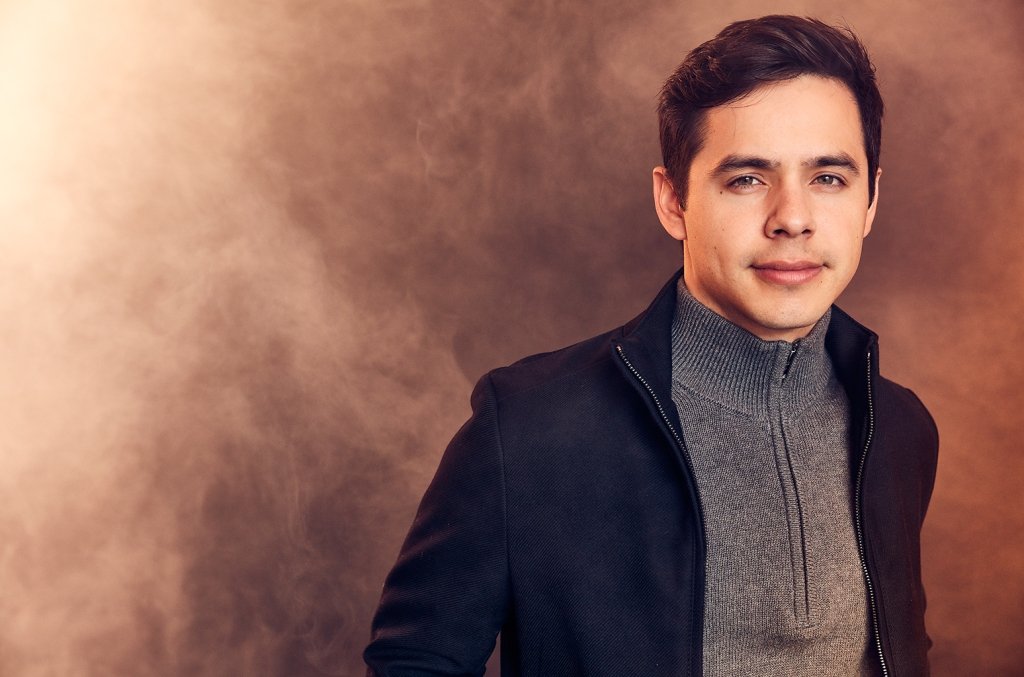 David has accepted his bisexuality and has decided to speak about it more often; Credits
David has accepted his bisexuality and has decided to speak about it more often; Credits
A refined system for ensuring the mental health of young stars, their social growth, and well-being is high time lacking in the Hollywood industry. But as more and more young stars grow up, a brighter future for performing children seems to be coming nearer.

